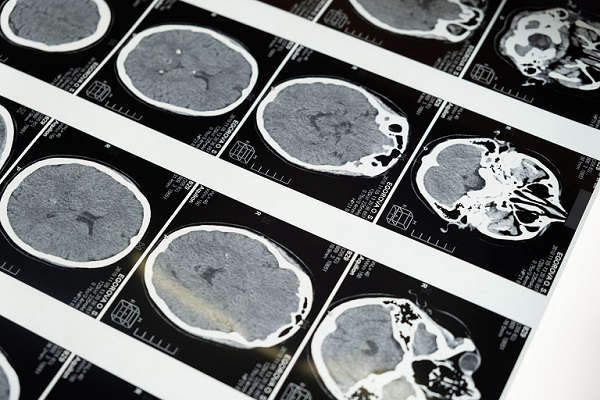
University of Sussex say they are a step further to developing a blood test capable of diagnosing the most aggressive form of brain tumour.
University of Sussex cancer cell signalling professor Georgios Giamas’ team has identified distinctive biomarkers in patient blood samples that may signal the presence of glioblastoma, the most common high-grade primary brain tumour in adults.
In collaboration with University Hospitals Sussex consultant neurosurgeon and spinal surgeon Giles Critchley, the team identified biomarkers within extracellular vesicles, which are small particles secreted by all cells carrying different information, such as proteins or DNA.
The university stated that the ability to detect these biomarkers suggests that a liquid biopsy approach could be used to diagnose glioblastoma.
This would provide a less invasive alternative to current glioblastoma diagnostic approaches.
More than 11,000 people are diagnosed with a primary brain tumour in the UK each year. Glioblastoma is the most common high grade primary brain tumour in adults, which means it can grow and spread exceptionally quickly. As a result, it’s important for diagnosis to be quick, so patients can access treatment as soon as possible.
Giamas said: “Currently, glioblastoma detection relies on the display of symptoms, magnetic resonance imaging and invasive tissue biopsies – all of which can delay the identification of the rapidly growing malignant mass.
“A growing body of research is looking into the possibility of developing liquid biopsies which would afford timely and non-invasive assessment of the disease in patients, starting from just a small sample of blood.
“A growing body of research is looking into the possibility of developing liquid biopsies which would afford timely and non-invasive assessment of the disease in patients, starting from just a small sample of blood.
“Our study, which effectively does this in a small patient group, is a major step forward in the development of an accurate, non-invasive and time-saving diagnosis method.”
A team from Giamas’ lab at Sussex identified biomarkers that glioblastoma cell lines are able to ‘package’ in extracellular vesicles in November 2019. These biomarkers allowed the team to perform better cell line classification.
By analysing blood samples of glioblastoma patients from Genomics England, the team now expects to conduct further research into the clinical value of their findings.
The research will also explore monitoring disease progression by observing the levels and presence of biomarkers in response to specific cancer treatments as well as assess the role and importance of the biomarkers.
Source: University of Sussex

 Worthing's "Hardest Geezer" run's with the Prime Minister
Worthing's "Hardest Geezer" run's with the Prime Minister
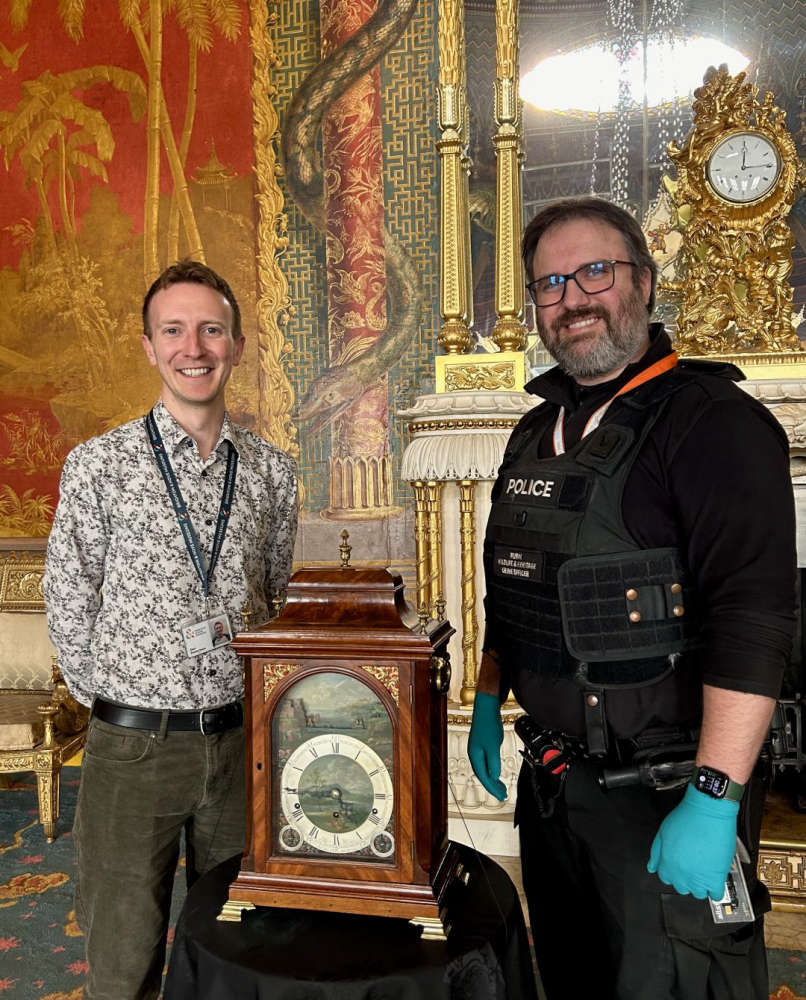 Antique clock returned to Brighton museum following 2001 theft
Antique clock returned to Brighton museum following 2001 theft
 Sussex Clare’s Law statistics
Sussex Clare’s Law statistics
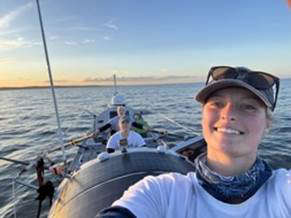 Liphook woman to row 8000 miles across the Pacific Ocean.
Liphook woman to row 8000 miles across the Pacific Ocean.
 Sussex specialist domestic abuse courts introduced
Sussex specialist domestic abuse courts introduced
 Appeal to reunite owners with suspected stolen silverware
Appeal to reunite owners with suspected stolen silverware
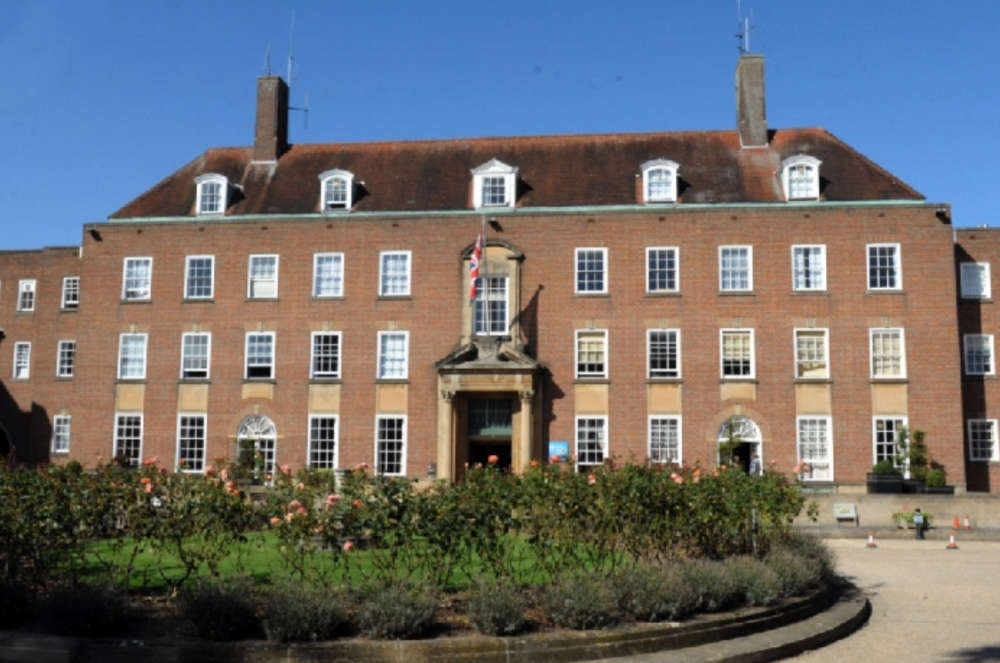 Plants to spend £26million on West Sussex County Council Computer System
Plants to spend £26million on West Sussex County Council Computer System
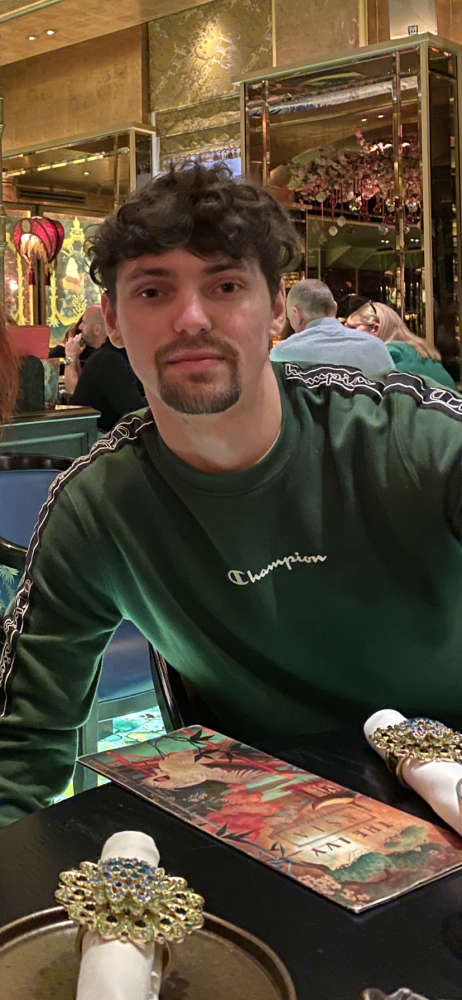 Two men jailed in Crawley murder investigation
Two men jailed in Crawley murder investigation
 Those in Sussex with learning disabilities at risk of heart disease
Those in Sussex with learning disabilities at risk of heart disease
 WANTED: Connor Davis, 29, from Hayling Island
WANTED: Connor Davis, 29, from Hayling Island






